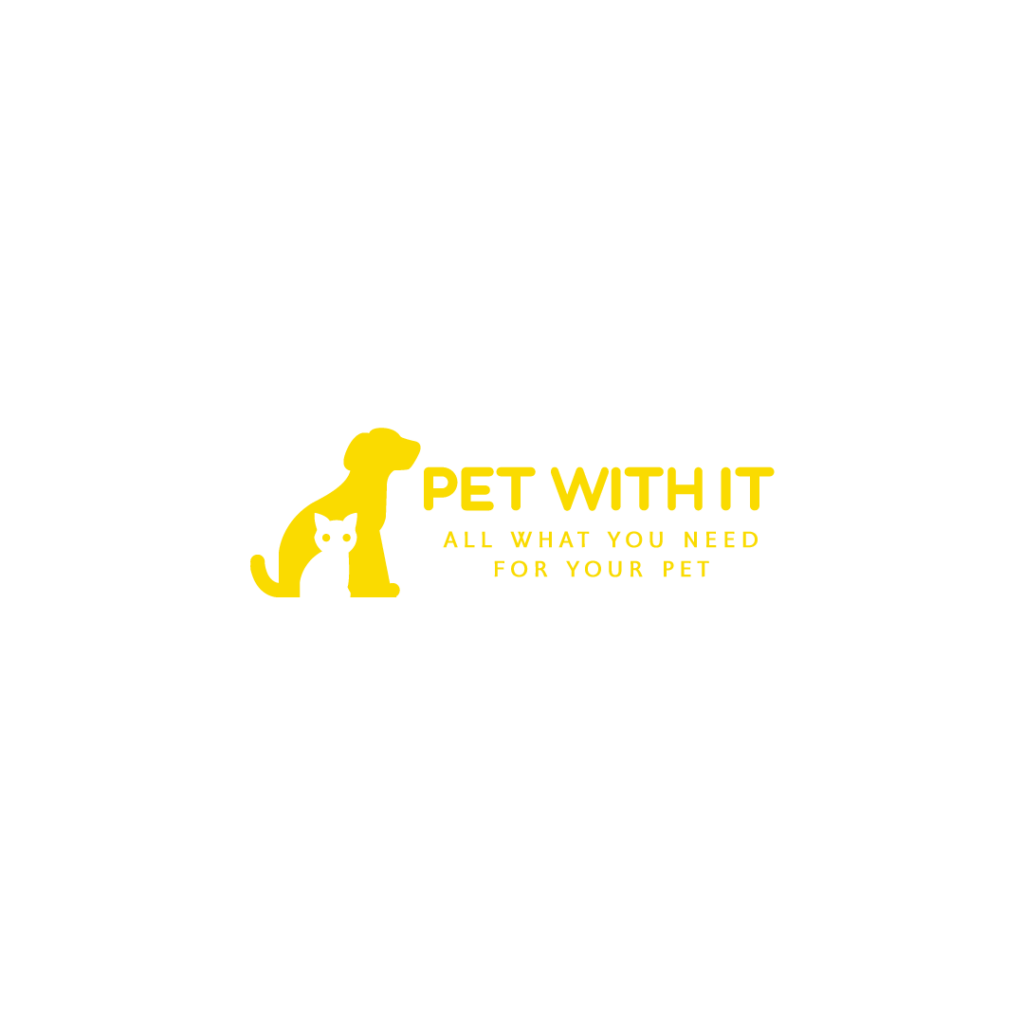Why Do Dogs Lick Their Paws?

Dogs are known for their unique behavior, and one of the most common habits is licking their paws. While some paw licking can be normal grooming behavior, excessive paw licking can indicate underlying health issues. As a pet owner, it’s essential to understand why dogs lick their paws and when it becomes a cause for concern.
In this blog post, we’ll dive into the possible reasons behind your furry friend’s paw-licking habit, signs that indicate excessive licking, and tips on how to treat them. So sit back with your pup by your side as we explore the fascinating world of dog paws!
Possible Reasons Why Dogs Lick Their Paws

There are many reasons why dogs lick their paws
- Clean themselves much like how humans wash their hands. Dogs have sweat glands in their paw pads that secrete moisture and odor, so licking can help them get rid of excess dirt and bacteria.
- Allergies Dogs can be allergic to a variety of things, such as food or environmental factors like pollen or dust mites. Allergies cause itchiness, which leads to excessive paw licking and chewing.
- Pain could also be a factor. If your dog has an injury or infection on its paws, it may lick the affected area as a way to soothe the pain and promote healing.
- Behavioral issues could also play a role in excessive paw licking. Boredom or anxiety can lead dogs to engage in repetitive behaviors such as constant paw-licking.
It’s important to keep an eye on your furry friend’s behavior for signs of abnormal paw-licking habits. Understanding why they do it can help you determine if it’s something normal or if there is an underlying issue that needs attention.
Signs That Your Dog May Be Licking Their Paws Too Much
While it’s normal for dogs to lick their paws occasionally, excessive paw licking can indicate a problem. Here are some signs that your dog may be licking their paws too much:
- Redness and Swelling: If you notice redness and swelling on your dog’s paws, it could mean they’ve been licking them excessively.
- Hot Spots: Hot spots are areas of skin inflammation that can occur when a dog licks or chews at an area too much.
- Discoloration or Staining: Excessive paw licking can cause the fur around the paws to become discolored or stained, which is another sign that your dog may have been over-licking.
- Sores or Scabs: If you see sores or scabs on your dog’s paws, it could be a sign of infection from excessive paw licking.
- Foul Odor: Over-licking can lead to bacteria buildup on the feet resulting in odor problems.
If you notice any of these signs in your furry friend, you should consult with a veterinarian as soon as possible to determine if there is an underlying issue causing this behavior and how best to address it before further damage occurs.

How to Treat a Dog Who Licks Their Paws Excessively
Excessive paw licking can be a sign of an underlying medical condition, such as allergies or infections. If your dog is licking their paws excessively, it’s important to address the issue promptly in order to prevent further complications.
- Consult with your veterinarian to rule out any medical issues and get appropriate treatment if needed. The vet may also recommend using a cone or booties to prevent your dog from continuing to lick their paws.
- Consider environmental factors that could be affecting your dog’s behavior. Is there something in their environment that could be causing discomfort or stress? For example, certain cleaning products or detergents could irritate their skin and cause them to lick excessively.
- You may also want to try changing up your dog’s diet by introducing hypoallergenic foods or supplements that support healthy skin and coat. Keeping a clean living space for your furry friend is another way you can help reduce excessive paw licking.
- Provide plenty of mental stimulation and exercise for your dog in order to reduce anxiety levels which can lead them into over-grooming themselves. A happy pup will have less reason for excessive grooming habits!
If you notice your dog excessively licking their paws, it is important to take them in for a check-up as soon as possible. Depending on the cause of the problem, your veterinarian may recommend changes to your pet’s diet or lifestyle, prescribe medication or topical treatments, or suggest behavioral modification techniques.
If you loved this article, you will also love reading our eBook Dubai Ruff Guide
For more furry destinations, the latest blogs, events, and providers you can stay updated by following us on Instagram and signing up for our newsletters.
